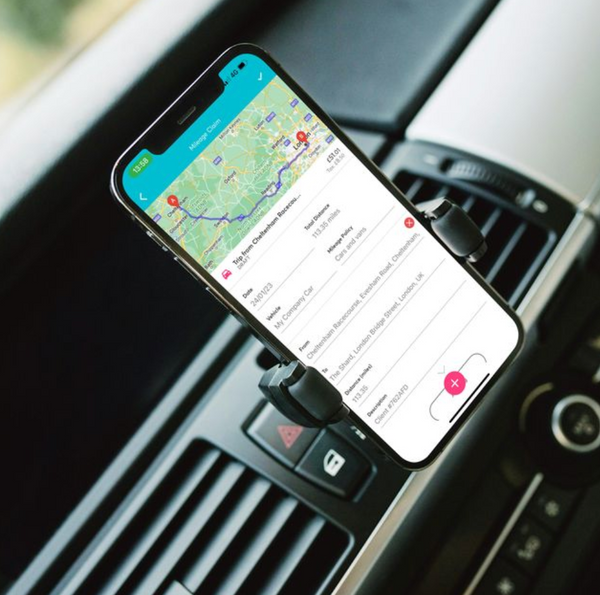‘Outdated business mileage’ rate causing painful shortfall for employees





Expend, the expense management fintech, is calling for an end to the ‘outdated business mileage’ rate which causes a painful financial shortfall for employees and volunteers.
Johnny Vowles, founder and CEO explains: “When businesses ask their employees to use their private car for a business trip, for example a training course, or travelling between sites, they repay their staff at the rate of 45p per mile. This rate is designed to cover fuel as well as a contribution to servicing and maintenance.
“However, this approved mileage allowance has not changed since 2011, whilst motoring costs has risen by more than 40% in the meantime.” This means that employees are not being repaid in full for the costs of their personal vehicles on company mileage.”
Expend provides technology to help businesses manage employee expenses, but their feedback suggests that employers and employees are increasingly frustrated by the shortfall.
Johnny adds: “If employers use the standard 45p per mile refund rate recommended by His Majesty’s Revenue & Customs (HRMC), then their employees are out of pocket. Today’s true cost of motoring is about 65p per mile, so the current allowance is woefully short. The 45p allowance is tax free and simple for organisations to administer in their tax accounts. However, if they choose to pay more, it’s a complex administrative headache, which explains why many stick with the 45p figure.”
Low mileage allowance also has an impact on charities.
The poor historic rate is also affecting charities, which rely on volunteers using their own cars for key activities. Johnny explains: “Our clients include social purpose charities and care homes, and they tell us that the low mileage rate discourages volunteers from signing up because 45p means that they are not covering their personal costs of motoring. As volunteers they don’t want to be paid, or make a profit from a mileage claim, but neither should they lose money.
"Business motoring expenses encompass more than just fuel costs and mileage," says Johhny. "From vehicle maintenance and insurance premiums to depreciation and wear and tear, the true cost of business motoring often goes unrecognised. Unfortunately, the approved mileage allowance falls short in addressing these additional expenses, leaving employees and volunteers at a financial disadvantage."
Expend is calling for the allowance to be reviewed by HMRC. Johnny says: “The current allowance is outdated and short-changes employees and volunteers who deserve a tax free refund of their true costs of motoring.”
Johnny adds: “Technology can help employers and employees with mileage claims. Some expense management apps provide mileage tracking features. This technology gives users options when recording their business mileage. So, they can automatically calculate the mileage reimbursement total using HMRC’s Advisory Fuel rates for business car use or Mileage Allowance payments for personal car use.”